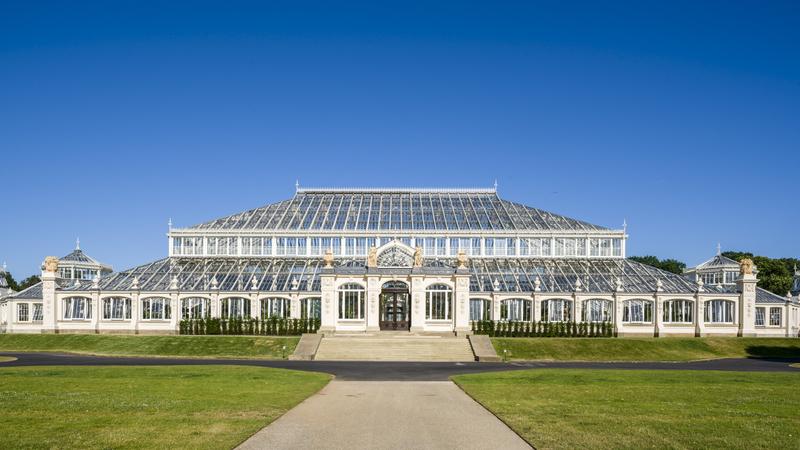5x15 x Royal Botanic Gardens, Kew: Foods of the Future

Sarah Langford is the author of the Sunday Times bestseller In Your Defence: Stories of Life and Law. For ten years, she worked in criminal and family law in London and around the UK. Coming from a farming background in Hampshire, she studied English at University before training as a barrister. Sarah left the Bar on maternity leave to have her two sons. In 2017 she moved to Suffolk and, together with her husband, took on the management of his small family farm. She now lives between Southwest London and Suffolk. In her book Rooted: How Regenerative Farming Can Change the World, Sarah weaves her own story around those who taught her what it means to be a farmer.
Caspar Chater’s research seeks to improve crop resilience and adaptation to the climate crisis. Chater’s work tackles crop water use and drought responses, focusing on legumes as well as other crops. He uses genomic, molecular, and phenotyping tools to understand plant development and physiology for crop improvement. His background is in stomatal evolutionary development, genetics, and signaling. Stomata are the microscopic pores on the surfaces of leaves that take up atmospheric carbon dioxide for photosynthesis and act as release valves for water through transpiration. By harnessing natural diversity in plant traits, such as stomatal density and size, he aims to help enhance sustainable legume agriculture for a hotter and drier world. A large part of Chatter’s research has a regional focus in Mexico and Latin America. He currently coordinates Newton Fund and Global Challenges Research Fund projects in collaboration with the National Autonomous University of Mexico (UNAM) and the University of Sheffield. In addition to exploring crop genetic diversity, he hopes to use targeted molecular methods for pre-breeding underutilized crops and crop wild relatives. By doing so we can make full use of plant diversity to address increasing global food security and water security challenges.
Helena Dove is a Botanical Horticulturist who manages Edible Science: Kew’s Kitchen Garden at the Royal Botanic Gardens, Kew. Trained in a historic setting, and having previously managed an Edwardian kitchen garden, she has a passion for heritage vegetables, edible flowers and unusual crops that may not immediately be thought of as food. Many of the crops she grows have a slant towards future foods and the scientific research that takes place at RBG, Kew.
Anna Taylor joined The Food Foundation as its first Executive Director at the beginning of June 2015 after 5 years at the Department for International Development. In 2014 she was awarded an OBE for her work to address the global burden of undernutrition. She did a MSc in Human Nutrition at the London School of Hygiene and Tropical Medicine in 1994. In May 2017 Anna became a member of the London Food Board to advise the Mayor of London and the GLA on the food matters that affect Londoners. She is a Board member for Veg Power and an advisor to the International Food Policy Research Institute. She served as Chief Independent Adviser to Henry Dimbleby for the development of the National Food Strategy published in 2021.



